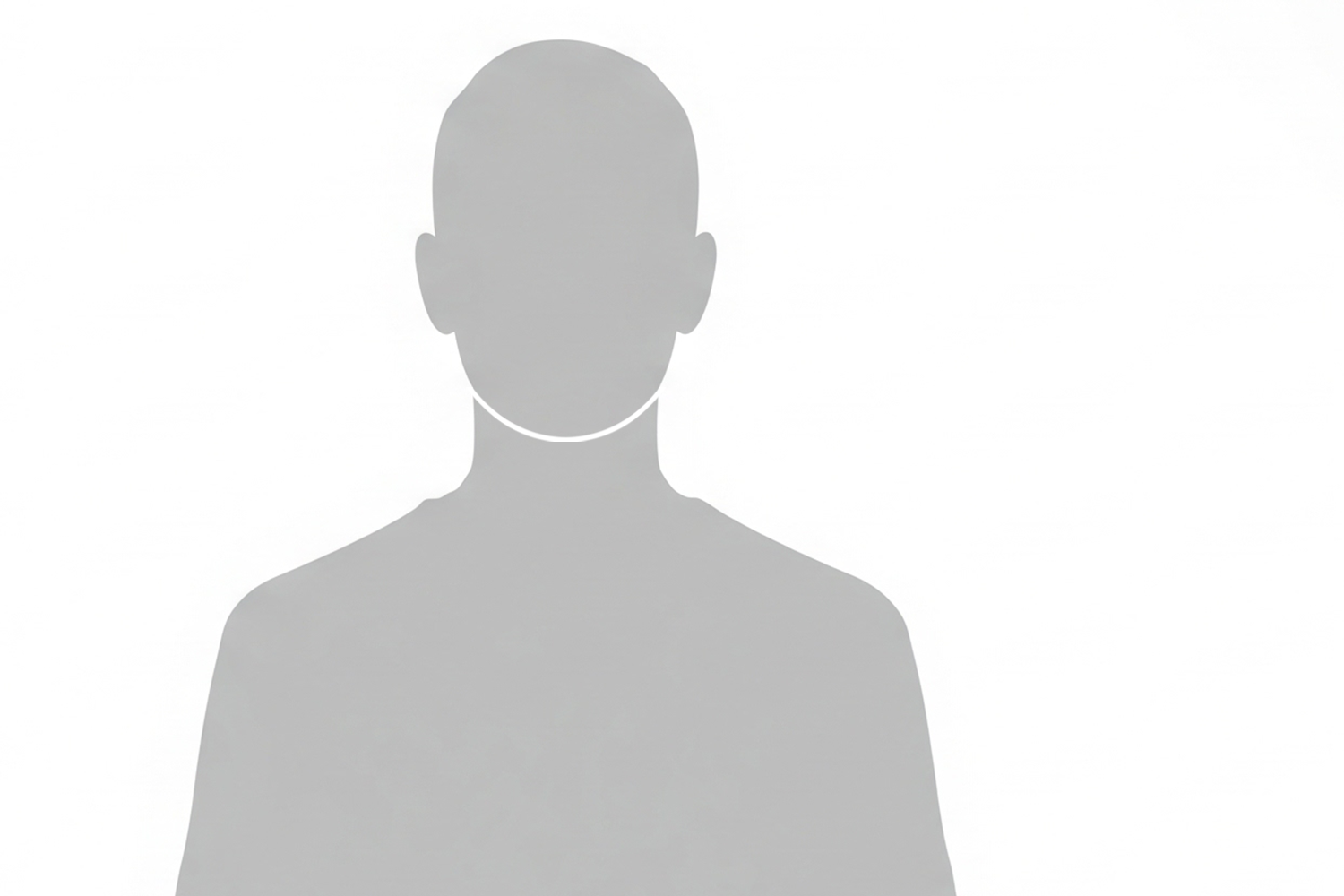

You are here:

Pardi, G., Gottschling, S., & Kammerer, Y. (in press). The influence of knowledge type and source reputation on preferences for website or video search results. Journal of the Association for Information Science and Technology. dx.doi.org/10.1002/asi.24771
Pardi, G., Gottschling, S., Gerjets, P., & Kammerer, Y. (2023). The moderating effect of knowledge type on search result modality preferences in web search scenarios. Computers and Education Open, 4, 100126. doi.org/10.1016/j.caeo.2023.100126
Gunser, V. E., Gottschling, S., Brucker, B., Richter, S., Çakir, D., & Gerjets, P. (2022). The pure poet: How good is the subjective credibility and stylistic quality of literary short texts written with an artificial intelligence tool as compared to texts written by human authors? In J. Culbertson, A. Perfors, H. Rabagliati, & V. Ramenzoni (Eds.), Proceedings of the 44th Annual Meeting of the Cognitive Science Society (44, pp. 1744-1750). Cognitive Science Society. escholarship.org/uc/item/1wx3983m
Gottschling, S. (2021). Down to the source!–Laypersons’ processing and use of differences in relevant source information when confronted with conflicting scientific claims (Doctoral dissertation, Universität Tübingen).
Gunser, V. E., Gottschling, S., Brucker, B., Richter, S., & Gerjets, P. (2021). Can users distinguish narrative texts written by an artificial intelligence writing tool from purely human text? In C. Stephanidis, M. Antona, & S. Ntoa (Eds.), HCI International 2021 - Posters. HCII 2021. Communications in Computer and Information Science: Vol. 1419 (pp. 520-527). Springer. dx.doi.org/10.1007/978-3-030-78635-9_67
Gottschling, S., & Kammerer, Y. (2021). Readers’ regulation and resolution of a scientific conflict based on differences in source information: An eye-tracking study. Discourse Processes, 58(5-6), 468-490. dx.doi.org/10.1080/0163853x.2021.1930808
Kammerer, Y., Gottschling, S., & Bråten, I. (2021). The role of internet-specific justification beliefs in source evaluation and corroboration during web search on an unsettled socio-scientific issue. Journal of Educational Computing Research, 59(2), 342-378. dx.doi.org/10.1177/0735633120952731
Gottschling, S., Kammerer, Y., Thomm, E., & Gerjets, P. (2020). How laypersons consider differences in sources’ trustworthiness and expertise in their regulation and resolution of scientific conflicts. International Journal of Science Education, Part B, 10(4), 335-354. dx.doi.org/10.1080/21548455.2020.1849856
Gottschling, S., Kammerer, Y., & Gerjets, P. (2019). Readers’ Processing and Use of Source Information as a Function of Its Usefulness to Explain Conflicting Scientific Claims. Discourse Processes, 56(5-6), 429-446. dx.doi.org/10.1080/0163853x.2019.1610305
Gottschling, S., Kammerer, Y., Gerjets, P. (2023, July 26-28). Illusion of truth? Effects of repeated exposure to textual misinformation on readers' knowledge and response confidence. Annual Meeting of the Society for Text & Discourse (ST&D). Oslo, Norway.
Gottschling, S., Kammerer, Y., Gerjets, P. (2021, August 2-4). Investigating differences in experts' and laypersons' evaluation of a scientific conflict with eye-tracking and cued-retrospective thinking aloud. Annual Meeting of the Society for Text & Discourse (ST&D) (online conference).
Gottschling, S., & Kammerer, Y. (2020, July). Eyes on the Source! - The Role of Differences in Source Trustworthiness on Lay Persons' Attention to Source Information during the Resolution of Scientific Conflicts. Annual Meeting of the Society for Text & Discourse (ST&D) (online conference).
Gottschling, S., Kammerer, Y., & Gerjets, P. (2020, October). Differences in experts and laypersons' sourcing when reading about a scientific conflict in nanosafety an eye tracking study. Nanosafety 2020 (online conference).
Gottschling, S., & Kammerer, Y. (2019, September). Reduktion des Fehlinformationseffekts durch eine kombinierte Intervention aus Psychoedukation und dem Anstreichen von Fehlern. Tagung der Fachgruppen Entwicklungspsychologie und Pädagogische Psychologie (PAEPSY). Leipzig, Deutschland.
Gottschling, S., & Kammerer, Y. (2019, July). Reducing reliance on misinformation through psychoeducation in combination with an error-marking task. Annual Meeting of the Society for Text & Discourse (ST&D). New York, USA.
Gottschling, S., & Kammerer, Y. (2019, August). Reducing reliance on misinformation through psychoeducation and an error marking task. 18th Biennial Conference of the European Association for Research on Learning and Instruction (EARLI). Aachen.
Gottschling, S., Kammerer, Y., & Gerjets, P. (2018, July). Readers' Attention to and Use of Source Information as a Function of its Usefulness to Explain Conflicting Scientific Claims. Annual Meeting of the Society for Text & Discourse (ST&D). Brighton, UK.
Gottschling, S., Kammerer, Y., & Gerjets, P. (2018, November). Readers' processing and use of source information as a function of its usefulness to explain conflicting scientific claims. Workshop on Multiple Documents Literacy. Bochum.
Gottschling, S., Kammerer, Y., Thomm, E., & Gerjets, P. (2018, August). ‘Down to the source!' ‒ Lay peoples' use of source information in the evaluation of conflicting scientific claims. European Association for Research on Learning and Instruction (EARLI). Special Interest Group (SIG 2): Comprehension of Text and Graphics. Freiburg.
Gottschling, S., Kammerer, Y., Thomm, E., & Gerjets, P. (2018, June). How Source Information Influences Lay People's Interpretation of a Scientific Conflict. International Summer School "Trust in mediated communication". Münster.
Gottschling, S., Kammerer, Y., Thomm, E., & Gerjets, P. (2017, September). Der Einfluss von Quelleninformationen und persönlichen Einstellungen auf die Interpretation eines wissenschaftlichen Konflikts. Gemeinsame Tagung der Fachgruppen Entwicklungspsychologie und Pädagogische Psychologie (PAEPSY). Münster.